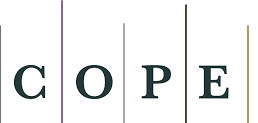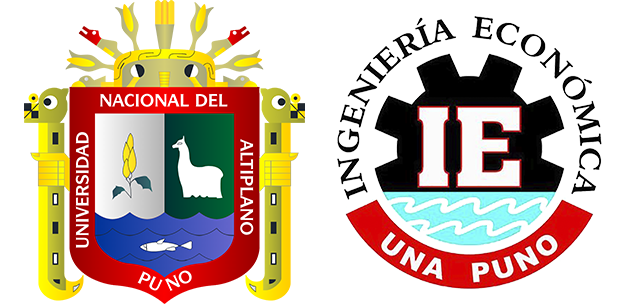Objective Economic Value?
DOI:
https://doi.org/10.26867/se.2024.v13i2.172Palabras clave:
religión y economía, utilidad, axiología, teoría subjetiva del valor, teoría del precioResumen
Se trata de una revisión heterodoxa sobre la relación económica entre “utilidad” y “valor”. Los marcos teóricos y metodológicos se basan en el tema de la religión y la economía, con especial atención a la discusión entre economistas cristianos y economistas seculares. La economía como ciencia tiene una gran necesidad moderna de axiología cristiana. Esta relación se mantuvo en Occidente hasta la caída de la Economía Moral defendida por la Escuela de Salamanca. Desde el advenimiento de la escuela utilitarista, los economistas generalmente han utilizado los precios (y por lo tanto el dinero) como numerario para la maximización de la utilidad, caída en el giro del capital, con un resurgimiento en la década de 1950 durante la disputa de Cambridge. Este artículo ofrece una solución que ayuda en el diálogo entre economistas religiosos y seculares.
















